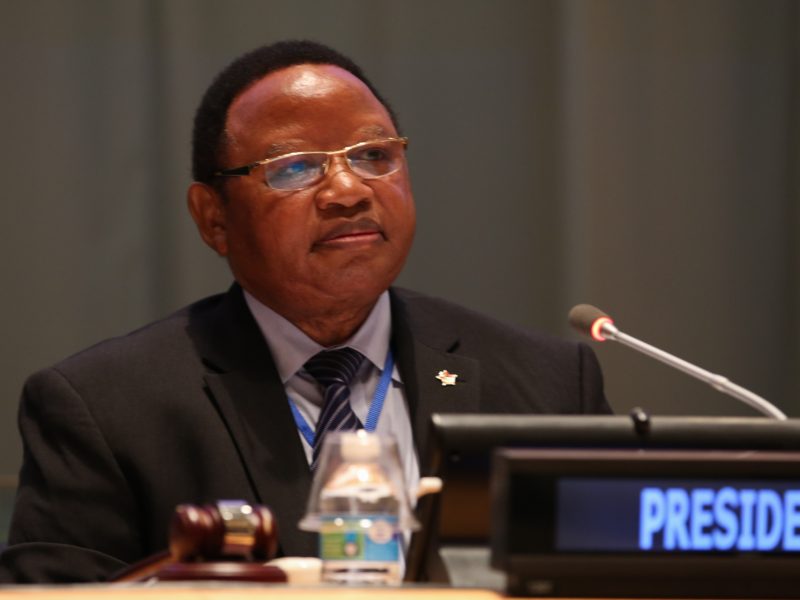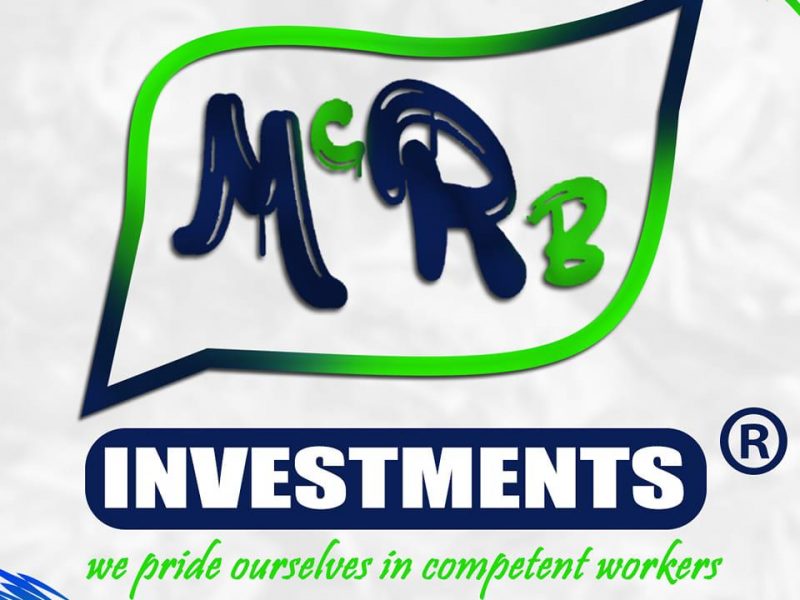Refurbishment, a way of waste management
By Nomagugu Konke
Refurbishing waste has become one of the ways to manage waste in the world. Recycling and reuse of trash in Zimbabwe by picking it up and reselling has become a growing business. Yet some entrepreneurs in the Southern Region of Africa have managed to manufacture products from dumped materials.
Joseph Chifamba, a 43-year-old man from Marondera, is making a living from manufacturing bracelets, necklaces, rings, earrings, cow horns, and hooves dumped by abattoirs.
Joseph narrates his journey to a cow horn accessory entrepreneur.
“I have inborn marketing skills, I was born a business person. After my A level, I went for temporary teaching then I later joined a clothing company in 2003 as a store clerk and rose through the ranks to Operations manager.
I resigned from the job in 2005. In 2006 a man named Mr Matarutse taught me how to recycle cow horns into usable products. I became self-employed soon after my wedding in February 2006.
“I love the natural colours that come out of the horn when polished.
“I was helped by family and friends for funding to start the project as well as a business loan from IDBZ which I got in 2007; I was also given a grant by Culture Fund in the same year.
We collect our cow horns from Binder abattoir in Goromonzi and take them to our home in Lend Park village in Marondera where all the production takes place,” he said
Chifamba recently attended the Egypt Expo with other Zimbabweans in Hand Craft arts exhibiting their products.
“Local and international business exhibitions and trade fairs have helped market our jewellery.
“I have exhibited at the Harare International Festival of Arts (HIFA), Zimbabwe International Trade Fair (ZITF), South African Arts Festival, Zambian Arts and Design Show, and China International Import and Export Fair among others.
“Most businesses face market challenges in the initial stages. Our products are luxuries we heavily depend on tourists.
“We had to be aggressive in our marketing, taking our products abroad to China, South Africa, Zambia, Mozambique, Malawi, and Namibia to broaden our market.
“We also supply antique shops in Victoria Falls, the National Gallery of Zimbabwe, and individuals who take our products as far as the USA.
“I have enjoyed traveling in the country and abroad showcasing my products, the idea of making money out of waste is amazing.
“I have also won the 2nd prize International Labour Organization Green Enterprise competition,” said Chifamba.
“One thing I like about recycled accessories is that the material is already available; I just go to the dumping site and find whatever I can recreate into something beautiful…” says Thebenguni Mkhatshwa, A 27-year-old female entrepreneur from The Kingdom of Eswatini.
“I call myself a recycled range designer, I do handcraft accessories, I have always been a lover of art and I think I got inspiration from my surroundings. My grandmother taught me to do beading at a young age.
“I also remember coming across a picture of a person recycling waste material. It captured my attention and then tried to work on it.
“It’s been five years since I started doing recycled designs but for a year now I have been getting my breakthrough.
“I started doing this with no money in my bank account; I remember making ice to sell to the vendors and the money that I saved was so little so I had to use available material, I used plastic bottles, cables, and other materials found at the dumping site. Accessing waste material is free so to finish up the product, I need less money.
“Every time I attend an event I bring a refuse bag with me to collect the water bottles to use for my designs.
I have made earrings from a yogurt container lid by coiling it and covering it with pieces of fabric that I collect from tailors, I have also made some earrings with water plastic bottles where I cut them into shapes that I want and add hooks,” said Mkhatshwa.
“I got a certificate in fine in handcraft art 2016 after losing my mom in the same year in December, my family encouraged me to go and do it to refresh my mind and heal after the incident. I did not know it would push me to pursue my passion.
“People come with promises that they will never fulfill. I remember going to people pitching my business idea, they would listen but they would not give me a certifying response.
“I do not blame those who turned me down; I did not go about it the right way, I take it as a learning phase. Now I have learnt to write a business proposal and present it properly. I have to learn to do everything in the right way, nothing comes with shortcuts.
“For now, I do not have a sewing machine I have to borrow from a friend to help me sew however; I do not see this as a challenge or setback. It encourages me to work harder; I even sleep late working on fascinating ideas.
“There are free markets that take place in different towns and youths in Eswatini exhibit for free, sometimes they pay less than what others pay on Expos and this has helped me market my business. I am also targeting future events where tourists will be attending.
Mkhatshwa hopes to create employment for the youth through her skills.
“I am currently not going to work, I have been offered jobs but I had to turn them down because my vision is very big, I’m just funding myself hoping that shortly this will be bigger and I’ll be able to employ other young people.
“I see my designs in Europe in the next five years, I hope to open gallery shops all over Africa and the big part of it is minimizing the unemployment rate by including the young in my business.

 English
English
 French
French
 German
German
 Italian
Italian








